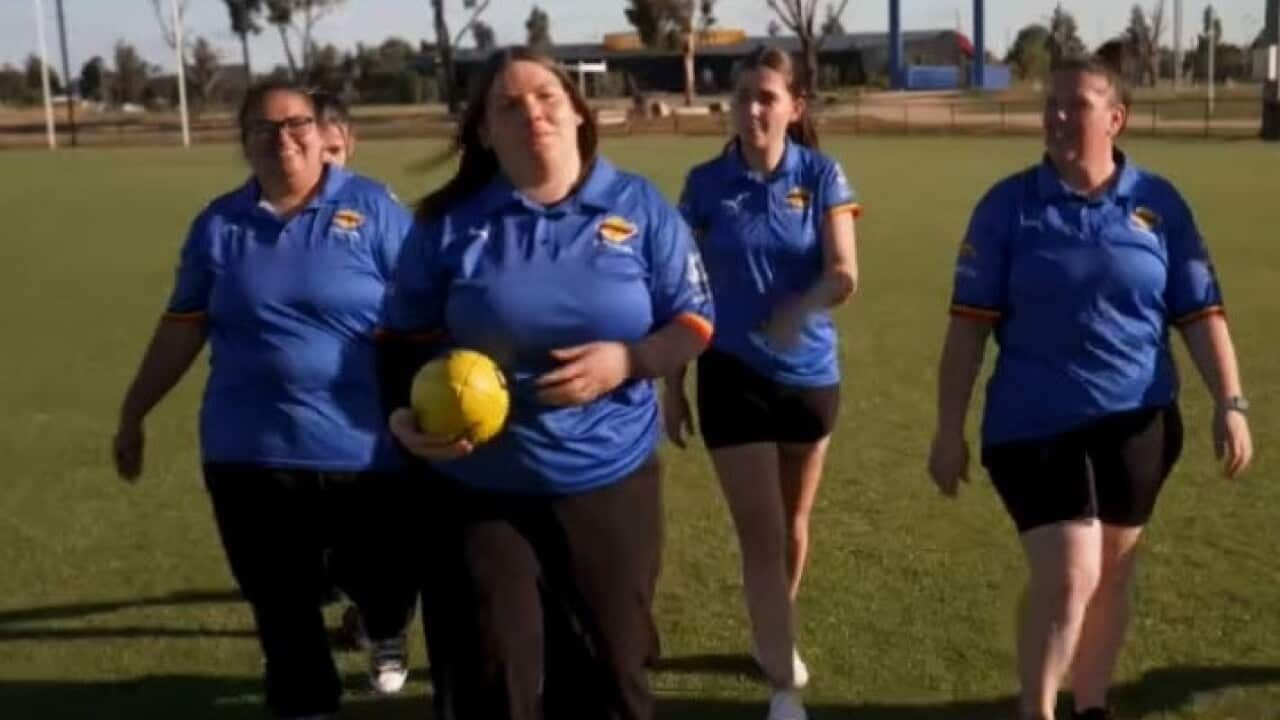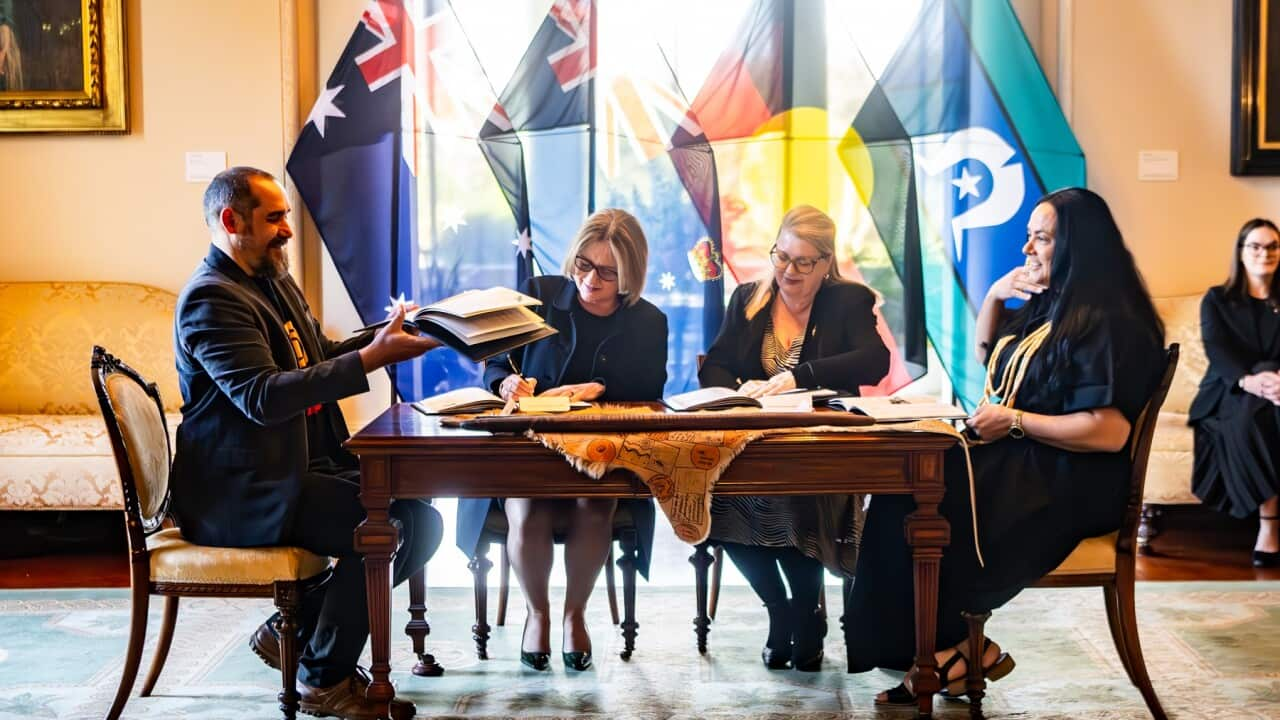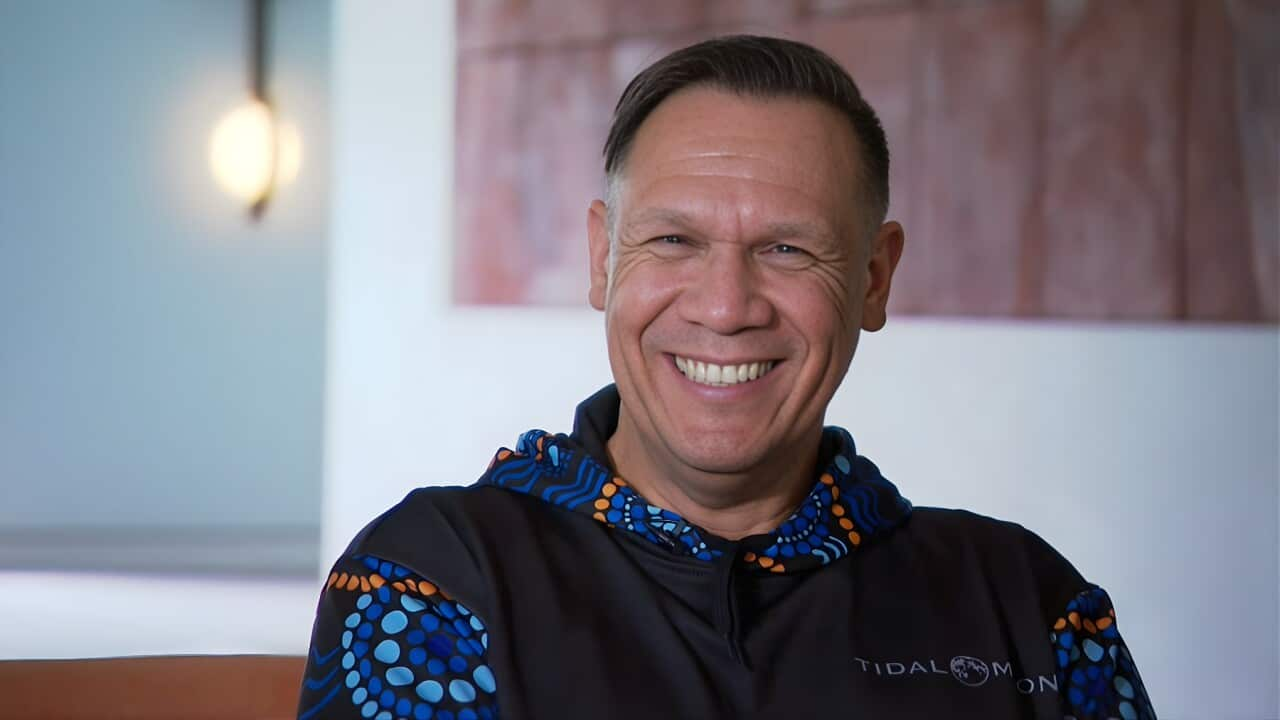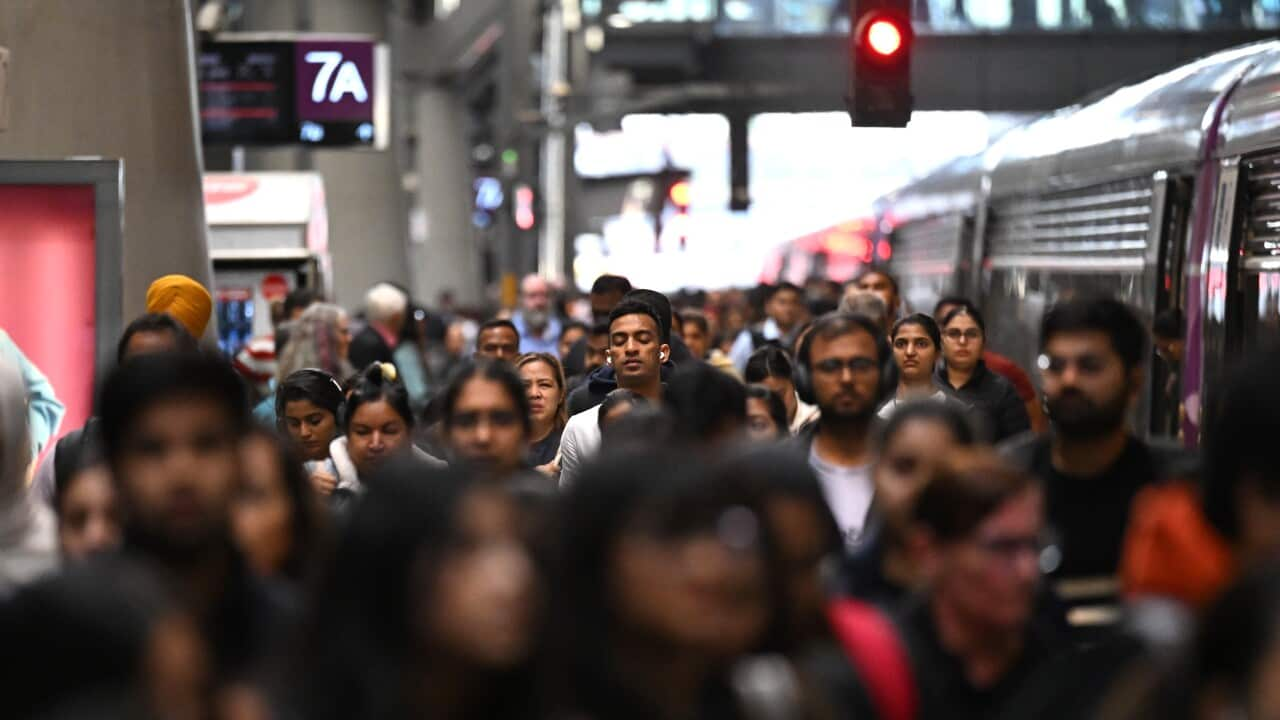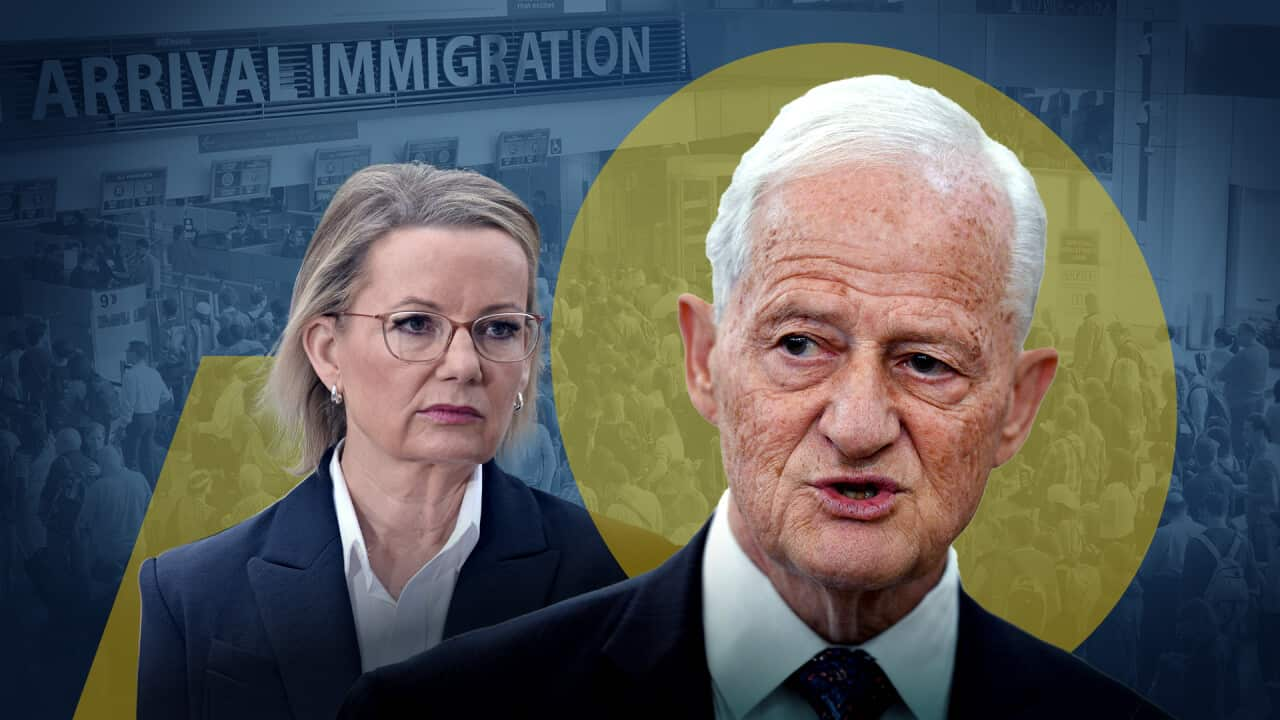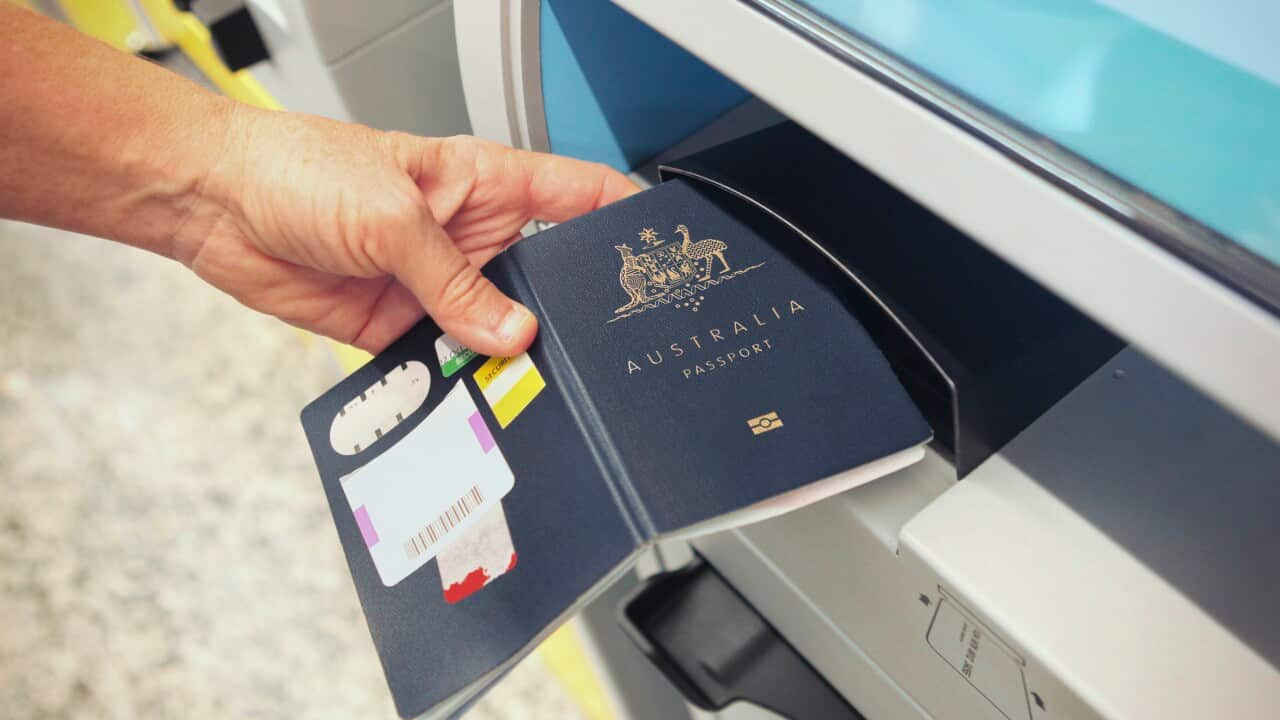Listen to Australian and world news, and follow trending topics with SBS News Podcasts.
TRANSCRIPT:
New research has found the nation's $4 trillion superannuation system is failing Indigenous people.
The independent research was commissioned by Super Consumers Australia with Mob Strong Debt Help and Impact Economics and Policy.
It's found they are twice as likely to be unable to access their superannuation, due to systemic barriers including rigid policies, inaccessible customer service and a lack of accountability.
These barriers are things like rigid ID verification, digital-only processes and a lack of cultural understanding.
Alex Price-Busch is the Financial Counsellor at Indigenous Consumer Assistance Network (ICAN).
He's told NITV there's an urgent need for reform.
"Time and time again in our case work we have clients present to access money from - whether it's their own super that's been lost or for a family member who's passed away - and the amount of information required and in a lot of circumstances that's also legal requirements that they need to meet that they simply can't afford even to access smaller amounts of money."
He says ICAN aims to create ways for First Nations people to navigate the system and engage more confidently.
"One of the things the report has pushed for is to have a minimum set of customer service standards for super companies and their First Nations clients, I think that will be a great starting point. In addition to that, I think there will need to be better alternatives for things that take into consideration into differences for people that live in those remote communities, whether that is around digital literacy, or even their ability to make a phone call."
Mark Holden is the Senior Solicitor from Mob Strong Debt Help.
He's told SBS World News their statistics suggest only 69 per cent of First Nations consumers have a superannuation fund, compared to 87 per cent for their non-First Nations consumers.
But for those who do have a super fund, rigid ID verification rules, culturally unsafe customer service and a reliance on digital-only processes means it can take months or even years to access their own money, if they are still alive.
He says they also found First Nations consumers have a typical balance of less than $22,000 compared to $66,000 for non-First Nations consumers.
"We see generations of First Nations consumers who aren't able to access their own money. This is money that's been held on trust for them during their time of need whether that may be for financial hardship, retirement or to pass on to the next generation."
Mr Holden says many are denied access to their own money in retirement, during financial hardship or after the death of a loved one.
The report also calls for adequately resourcing financial counselling and legal support on superannuation issues for First Nations peoples.
"Any delay that we have prolongs intergenerational trauma that we give our mob and because this is the money that belongs to them, it belongs to them after their hard work over the years and it's supposed to be held in trust for them. It will be completely unreasonable and even unconscionable for super funds to be able to continue to circulate without providing First Nations consumers the help they need to be able to access their money when they need it."
His advice to First Nations people would be to visit the government's Money Smart platform online or to speak to a local counsellor.
He says it's important for them to take some time to go through their own super funds to see how they can access and prove their identity, and also for First Nations people to list their super beneficiaries.


